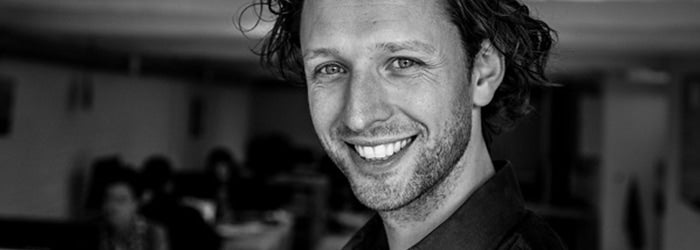Mark Tigchelaar is a brain expert and writer who studies the topic of Focus. He is linked to FIRST as expert and gives you 5 practical tips to apply immediately. These tips can also be heard on our Drive podcast:
1. The simpler the better
When I coach people, I start with an action list or tool/application that captures everything. You have to apply a survival mode system for yourself. You can use tools like Trello or Asana, for example. So don't spread everything out over emails, calendars, etc. One piece of advice. Don't use your inbox as a to-do list! Write down new ideas digitally or just in a notebook. It doesn't really matter how and where, as long as it's out of your head so you can free up your memory.
2. Break is really break
Don't try to absorb new information during a break or at rest. There are youngster who have burnout because they are constantly taking in new information and cannot stop this flow of information. We don't get bored anymore, but therefore also have trouble paying real attention. The substances you need in your brain to keep going need to recover, and for that you need to shut down, daydreaming, being bored.
During breaks, try to consciously shut down, go for a walk, put your phone away. Exercising or sleeping does not count as relaxing. I estimate that you should set aside at least half an hour a day to recharge.
3. Interruption limits concentration
Someone interrupted during their focus needs at least 10 minutes to get back into their flow. So maintaining focus is not something you do alone. People can interrupt you. You have to make arrangement. Turn off your notifications or agree not to be disturbed if you have headphones on.
4. Read faster
You get into a certain flow because of a certain pace. At a higher reading pace, you have to pay attention to keep up. Your only criterion is, do you understand the text? For reading and memorizing, two different parts of your brain are active. The most effective way to read is to first read quickly and understand what you are reading. After that, it is better to read and memorize things purposefully. With this, you spend less time than reading something ""normally"", which means you also forget it quickly. Consider: what you remember is more important than how you remember it.
5. Learning to say no is training
Learn to say no through very small steps. When you say yes to something, you are saying no to something else. Be aware of this. By learning to say no to small things, you get clear direction on what you think is important in your life. You can then say yes to the more important things. You can be very smart and tremendously good at your job, but especially in this time of divided attention, an important aspect of performance is to apply clear focus. So train this!
Order the book Focus On/Off by Mark Tigchelaar through this link now:
* Fun fact: Mark wrote much of his book using FIRST

